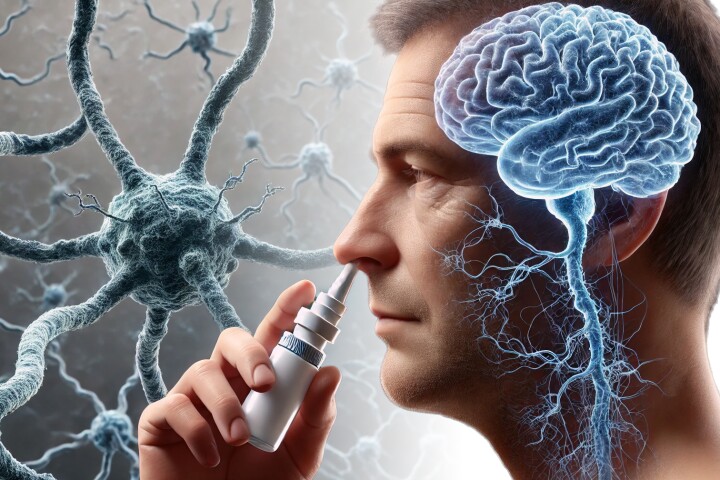New research has found a maternal fecal transplant may mitigate the damage antibiotics cause to the development of a newborn baby’s microbiome. The animal study focused specifically on a mouse model of type 1 diabetes, finding a fecal transplant greatly reduced the future risk of developing the disease.
There are still many unanswered questions in the world of microbiome science. Exactly when a baby’s microbiome begins to form is one of those questions. Some research suggests the microbiome begins to be populated in utero, while other studies hypothesize birth as the big moment of formation, primarily due to bacterial exposure from the mother’s birth canal.
A study last year, from a team of researchers in Finland, indicated fecal transplantation from a mother to her baby can restore any microbiome disruptions seen in infants born by C-section. This new research focused on the microbiome disruption seen in babies from early antibiotic use.
"Our previous work has shown that exposing young animals to antibiotics perturbs the microbiome, which may change age-associated immunity and organ-specific inflammation, increasing risk of immune-mediated diseases," explains study co-author Martin Blaser.
The new research focused on a specific mouse model bred to be at a higher risk of developing type 1 diabetes. Known as NOD (non-obese diabetic) mice, prior studies have demonstrated the animals’ microbiome plays a key role in modulating their diabetes risk.
The researchers exposed a group of NOD mice to antibiotics in the first few days of life, which depleted the animals’ gut bacteria diversity, as expected. Then half the cohort received fecal transplants from their mother to restore the damaged microbiome.
Those animals receiving the fecal transplant went on to display a significantly reduced risk of developing diabetes compared to the animals not receiving the microbiome restoration. Study co-author Xue-Song Zhang says the fecal transplants restored gene expression responsible for several metabolic pathways connected to diabetes risk.
"The mice that were exposed to antibiotics had the expression of indicator genes in their intestinal wall that were either too high or too low, but the transplant brought that back almost to the original levels and restored metabolic pathways," says Zhang. "We were able to identify groups of genes that returned to normal after the transplant as if the mice had never received the antibiotics."
Needless to say, it is still early days for this kind of research, and the next step for this team will be to try and home in on the specific bacteria generating the protection from diabetes. It is also important to note fecal transplantation is not without significant risk. Feces can contain harmful pathogens and human trials testing this treatment closely screen samples before they are administered.
The new study was published in the journal Cell Host & Microbe.
Source: Rutgers




